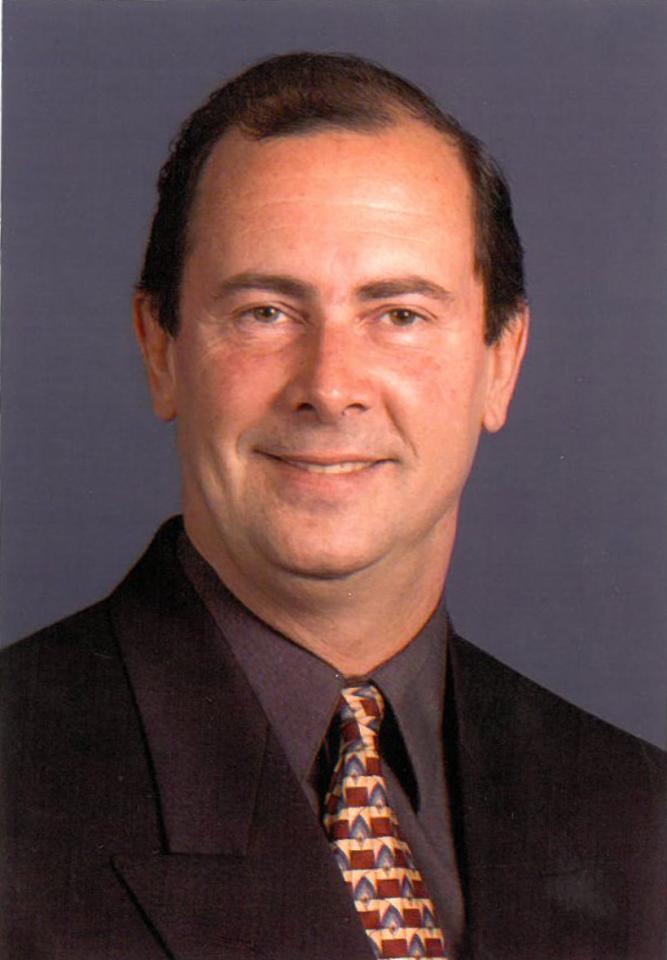
UQ Business School consumer behaviour expert Dr Chris Hodkinson has been investigating the Fear Of Missing Out (FOMO) phenomenon for a number of years.
It is a trend among Australia’s youth and it can be accentuated by heavy social media use.
FOMO, in the simplest sense refers to the uneasy feeling that you may be missing out on an event or experience, especially when people you know are attending.
It is deeply embedded in popular culture. A recent study by another university has shown that with high levels of social media use, it can cause depression and high levels of anxiety.
Dr Chris Hodkinson has conducted research on this topic for some years now, and explains that he wrote his latest paper in response to a travel poster using FOMO to appeal to young adults.
“FOMO-driven people try to make the ‘best’ choices, as a result they tend to be critical of their own decisions, and research has shown that this often relates to lower levels of happiness and life satisfaction,” he said.
Dr Hodkinson’s research found that the appeal of FOMO is a major driver of youth markets, particularly in travel, with a simple Google enquiry ‘travel and FOMO’ yielding more than 1.3 million results.
He also found approximately 30,000 YouTube clips of the phenomenon, ranging from genuine advertisements and spoofs about FOMO being a ‘serious medical condition’, through to well-meaning psychological advice on how to deal with FOMO.
The recent comprehensive investigation comprised in-depth interviews, focus groups, content and thematic analyses of data from the 18-28 year old target market to generate the first typology of FOMO appeals, detailing who makes them, what situations they apply to, and how they work.
He discovered that elements of opportunity cost, anticipated regret, and decisions to maximise choices and consumption experiences interweave to make FOMO appeals one of the most potent used in the youth market.
Dr Hodkinson has also consulted for Realestate.com.au on FOMO in relation to the first home buyers’ market, and supervised both an Honours thesis on FOMO, and a PhD in the allied area of youth impulse buying behaviour with resultant publications.



